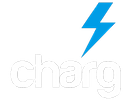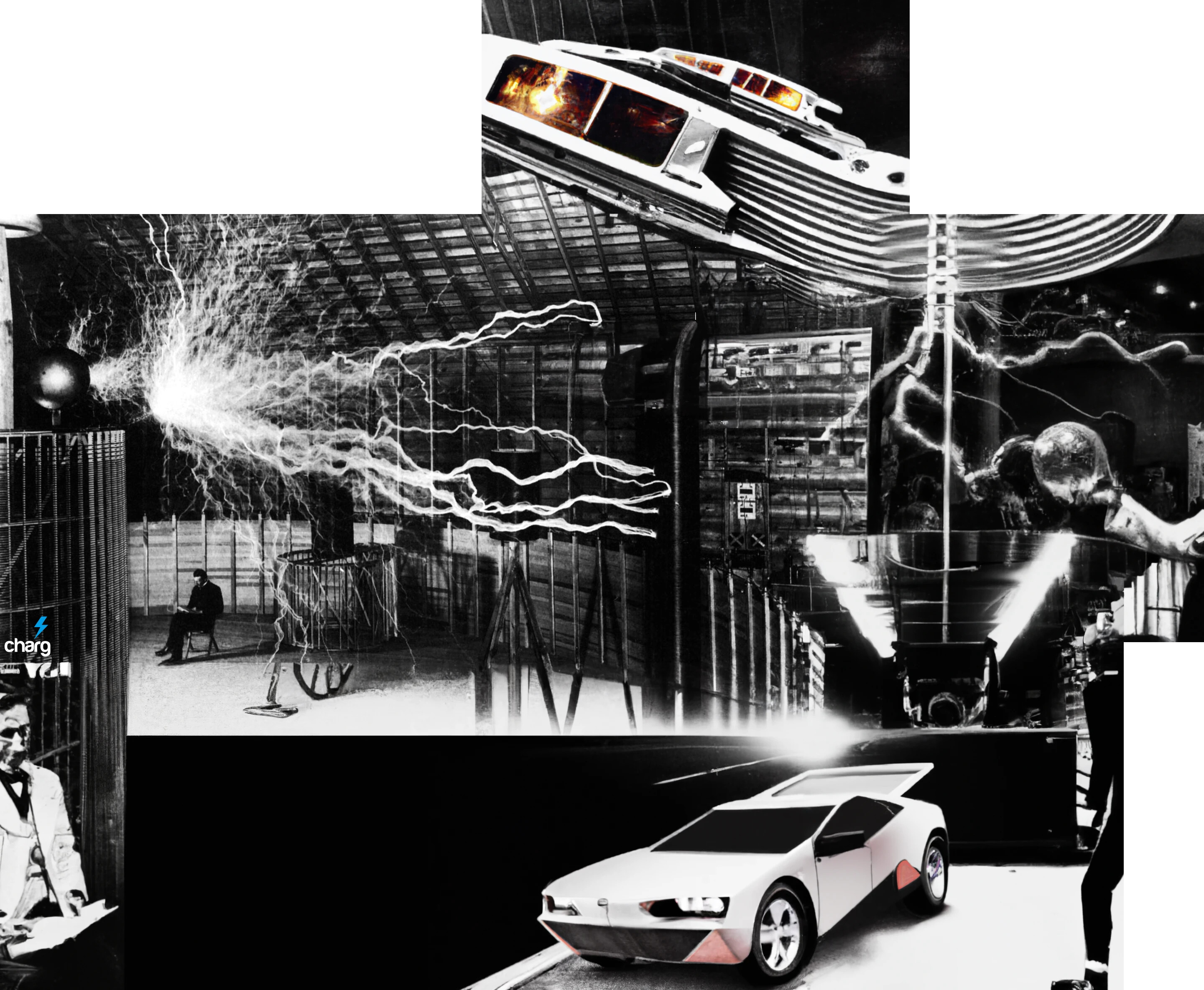Is blockchain the key to global electric vehicle adoption?
Renewable energy is poised to replace fossil fuels in the next two decades. An article in National Geographic postulates that electric vehicles could phase out their gas burning counterparts as early as 2040, which coincides with pledges by a number of countries, including the United Kingdom, France and China to ban internal combustion engines by the same year.
But before it can become ubiquitous, the EV refueling infrastructure has to grow. Just as the gas station helped automobiles replaces horses, so the charging station will usher in the electric era.
A new approach to an old issue
Among the more novel approaches to building this infrastructure is a cryptocurrency-funded startup called Charg that will let users convert outlets and parking spaces into charging stations they can then lease to EV owners. A basic station can be outfitted for less than 100 USD with a few relatively inexpensive components: a node, a smart switch and a solid-state relay.
When an electric vehicle plugs into the outlet, the node connects to the internet and tracks how long the car is charging, as well as the cost per charge. The node tells the smart switch to begin charging after receiving payment. The node also communicates with the Charg Coin Wallet, a piece of software that lets drivers pay station owners in cryptocurrency and local fiat currency. The transactions take the form of smart contracts—packets of information that move along Ethereum’s blockchain—and are made secure by the many computers involved.
Drivers will find these stations using the Charg app that stores a database of 100 thousand pre-existing charging stations as well as any newly added Charg stations.
Lesson in history
Founder Josef Kulovany says that using cryptocurrency will keep the business decentralized and the focus on the environment.
“If you start taking away the ability to have some centralized meter placed on everything, you give the benefits of doing business back to the people doing the work, instead of some conglomerate.”
Kulovany says the company will mint 90 million Charg Coins, which will be exchanged using Ethereum or potentially another crypto ledger in the future. By purchasing the coins, either with cash or crypto, no ownership is conferred. Moreover, Kulovaney believes that over time, the value of the coin will be equivalent to the average global cost of electricity production in kilowatt-hours.
The point of all this? To create an asset that has the stability of a utility with none of the potential to be monopolized that are hallmarks of traditional utilities companies.
By the boot-straps
Charg is currently more than halfway through its ICO, which ends December 31st. Unlike other startups that wait for the ICO to finish before laying a finger on the product, Charg has already made significant progress developing both its platform and the DIY kits that will let buyers convert outlets into car chargers.
“We wanted to try taking a more boot-strapped approach,” Kulovaney says.
Updates on the company are posted to its forum: https://forum.chgcoin.org/

